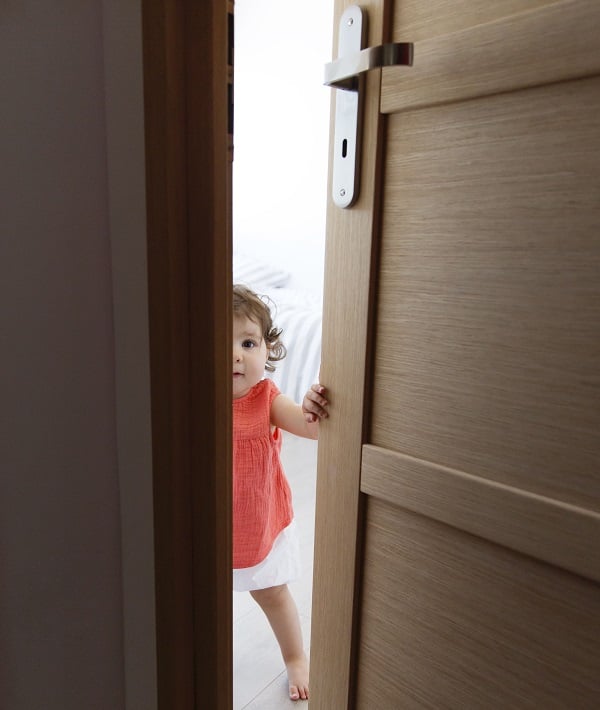
Something Behind Every Door
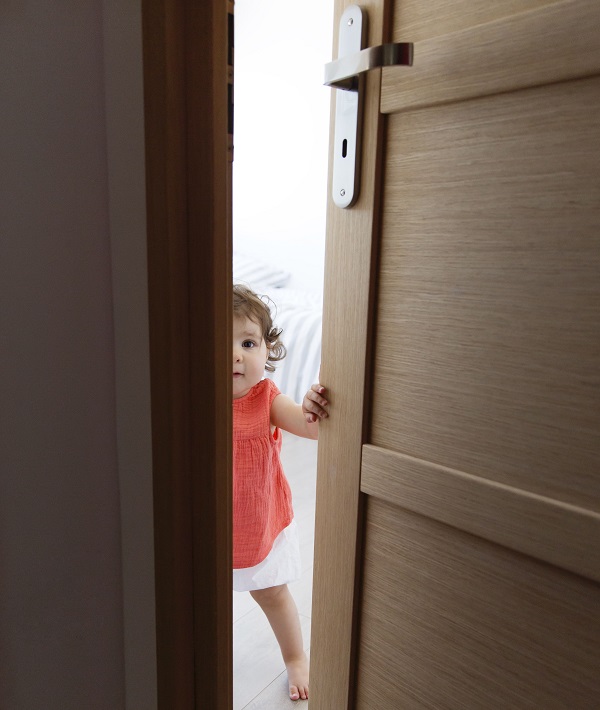
Stepping through the front door of your home should transport you to a place of peace and safety. Unfortunately, hidden dangers that we can sometimes overlook or ignore can put that safety at risk. Keep reading to find out what household issues might be harming your health, and how you can protect yourself and your loved ones.
Cleaning Products
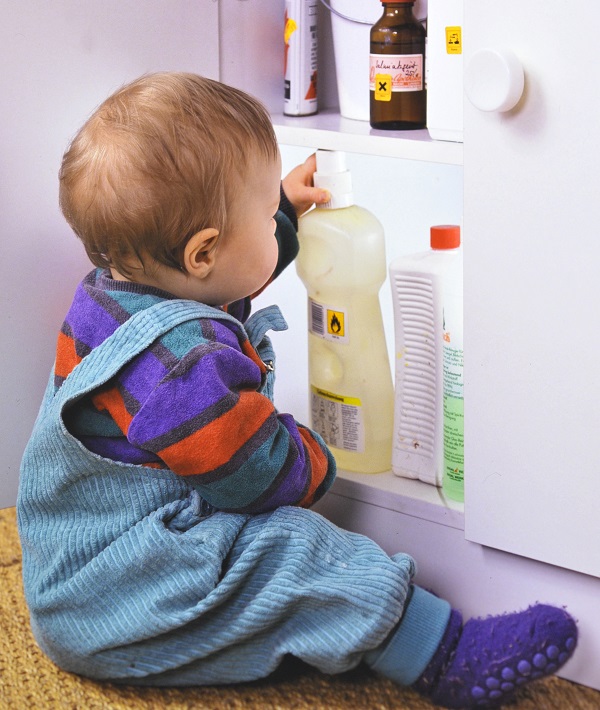
They help defend your family against potential disease-causing germs, but cleaning products can put the health of your dearest ones at risk. Harmful chemicals, such as 2-Butoxyethanol, can be found in many multipurpose cleaners and are known to cause digestive system issues, among other problems. Also, combining certain chemicals, including anything containing bleach (never mix bleach!), can cause respiratory problems, kidney and liver damage and even lead to cancer. Consider switching to natural cleaning agents, such as vinegar, to keep your home and health clean and clear.
Air Humidifiers
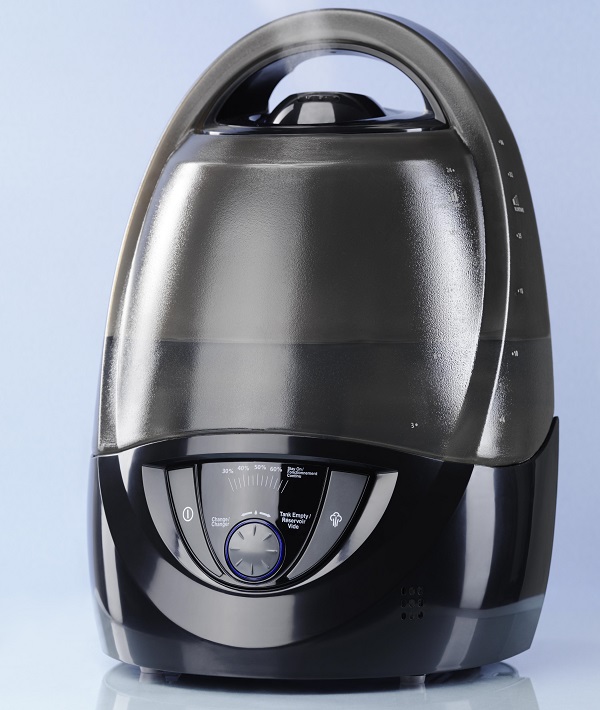
Mold and bacteria thrive in moist conditions. When we neglect to clean our air humidifiers regularly, or don't clean them well enough, they promote a breeding ground of germs that can be especially harmful to children with asthma or breathing problems. The best way to prevent health issues your humidifier could potentially cause is to clean it using dish soap and water, not harsh chemicals that could contribute to respiratory and lung issues. Also, avoid using tap water to fill your humidifier and opt for distilled water instead.
Leaks
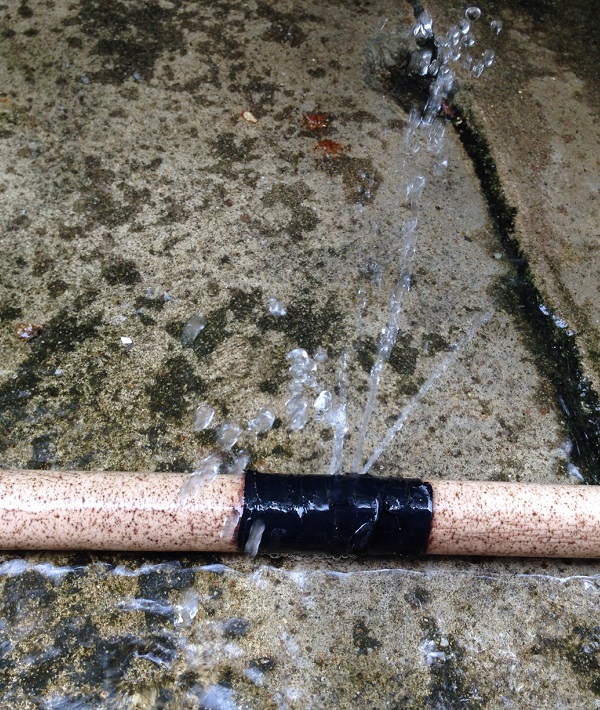
Piping is usually tucked away behind walls or hidden beneath sinks. That's probably why leaks, once spotted, escalate quickly in cost and concern for homeowners. Patching up pipes runs up plumbing expenses, but the greatest cost could be the health of your family. Mold and mildew spores thrive and grow in moist environments, such as the wet insides of a wall due to a leak. Learn to look for signs of broken seals, corrosion and high water pressure. Knowing when to call a plumber can save tons of time, energy and cash.
Mold
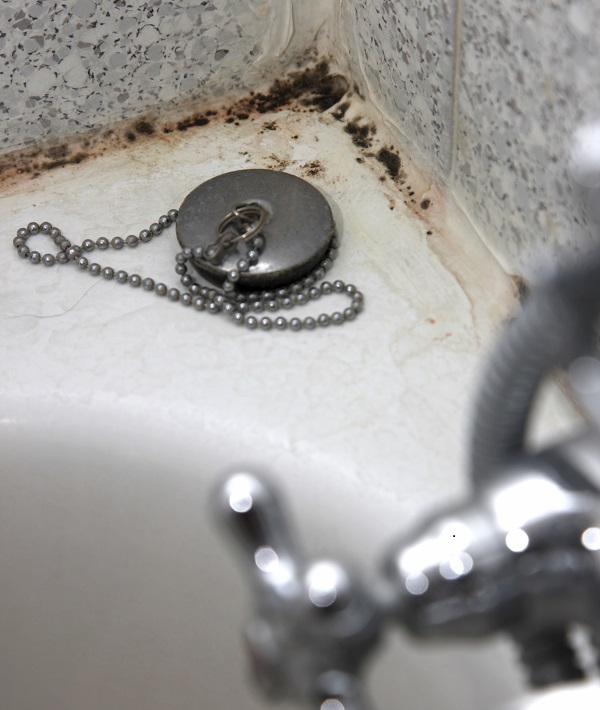
Some think that because their homes are neat and clean they have no reason to suspect the growth of mold and mildew—but they're wrong. These harmful organisms don't need much to manifest themselves almost anywhere they can find oxygen, moisture and food. Basements, heating systems, pipes and wallpaper are only a few favorite places where mold can grow. Exposure to mold can cause a range of symptoms, from an irritated throat to long-term respiratory damage for those with breathing issues.
Fragrances
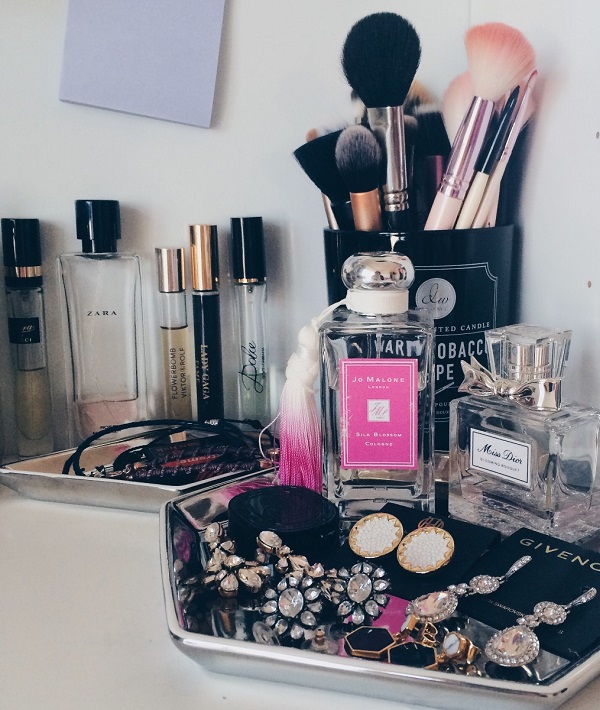
The scents in perfumes and household cleaners that give our noses such pleasant experiences are often made of chemicals simulating such sweet smells. Phthalates and volatile organic compounds (VOCs) can both be found in the majority of aromatic products. Although more research is needed, past studies suggest a link between phthalates and fertility rates, and VOCs from these home products contribute to roughly just as much air pollution as car emissions.
Disease-Causing Bacteria

When asked where the most germ-ridden place in a home is, naturally most people think of their bathrooms. In fact, the kitchen is far more likely to have hazardous bacteria like E. coli and salmonella. Dish rags and kitchen sinks tend to harbor the most disease-causing microorganisms of all. Coffee makers and sponges, items easily neglected, are also warm and moist germ incubators.
Lead

Before the ban of consumer uses of paints containing lead in 1978, those paints were widely promoted. Most homes have been repainted inside since then, but poisonous dust containing lead can result from chipped, cracked or damaged paint. Lead can even be found in the soil of yards and playgrounds. The more exposed and less frequently painted exterior of homes, including decks, sheds and outdoor structures can have traces of lead as well. To cut back on tracking dust inside, leave shoes on a doormat and wash your hands when you first come home.
Carbon Monoxide
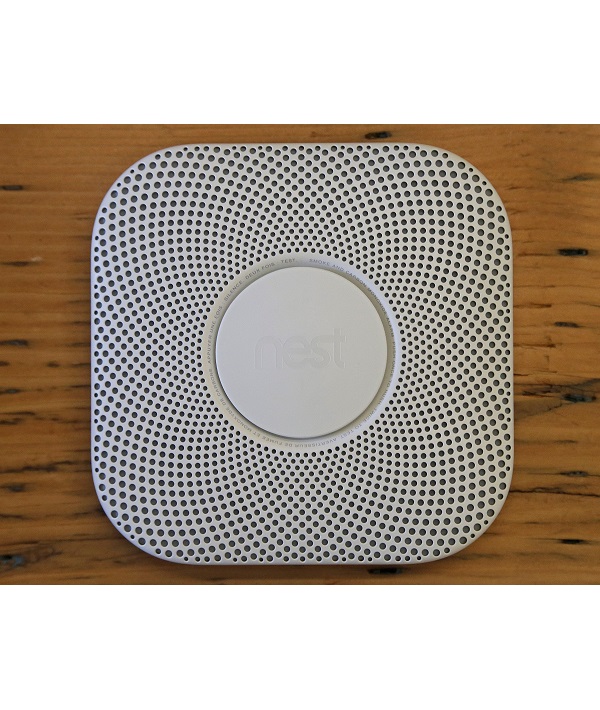
The scariest threats are those you can't detect, such as carbon monoxide (CO). The phantom gas is odorless, tasteless, colorless and produced from burning certain types of fuels. Carbon monoxide prevents oxygen from being absorbed by your body properly, and breathing in a large enough amount can be fatal.
Experts believe that CO poisoning is underreported because doctors don't think to ask about possible leaks. Since carbon monoxide is undetectable without equipment, it's recommended to have a detector that can indicate when high levels of CO are in the air.
Pets

Pets become part of the family, but our animal amigos can be carriers of dangerous germs and parasites that could cause chronic health issues. Bacteria-borne illnesses, like cat scratch disease and leptospirosis, can be transmitted to humans without pets showing any unusual signs. Diseases like these can develop into serious conditions and even become fatal. Keep your critters clean, vaccinated and up to date on wellness checks at the vet for peace of mind.
Allergens
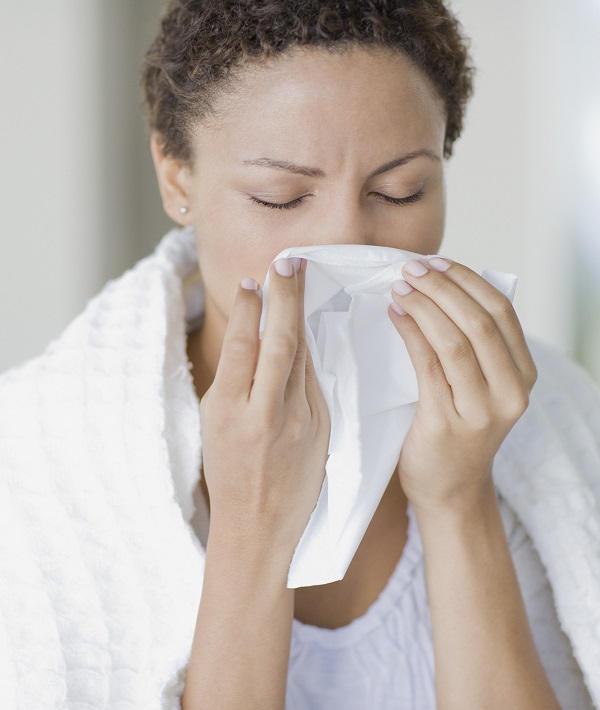
Even when they're not an actual threat to our bodies, allergen molecules infiltrate our homes and can trigger our immune systems as if we were sick. There are times you may think you have a cold, but allergies—triggered by dust mites, animal dander, mold spores or insects—could be to blame. There are ways to keep your home as free of allergens as possible, including covering all of the beds in your home with a polyurethane liner, dusting and drying your laundry on high heat.
Antibacterial Soaps
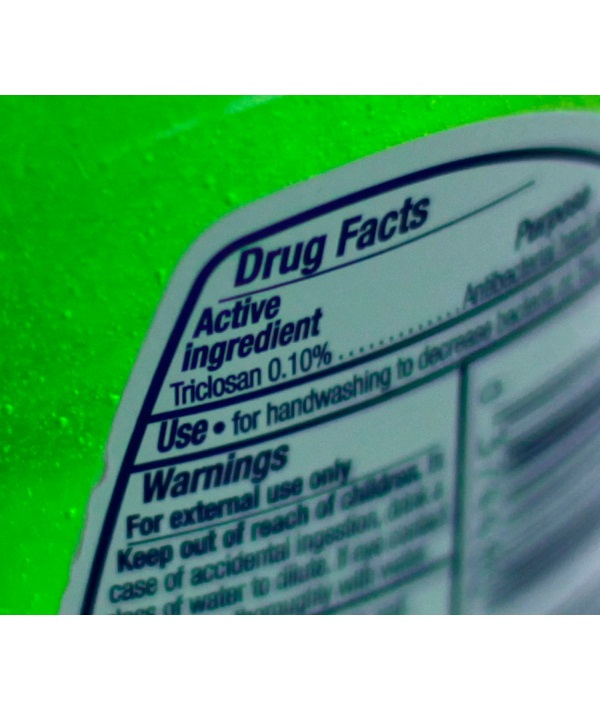
Contrary to what their titles might lead consumers to believe, soaps that have been marketed in the past as antibacterial aren't better for your health, and they can be worse. The U.S. Food and Drug Administration (FDA) and Environmental Protection Agency (EPA) are collaborating to determine the long-term effects of antibacterial soaps' main ingredient, triclosan.
A chemical that's a common ingredient in products, from kitchenware to clothing, triclosan might be responsible for making bacteria resistant to antibiotics, along with the possibilities that it could contribute to infertility rates and even cancer. For the record, plain soap and water works great for germ control.




